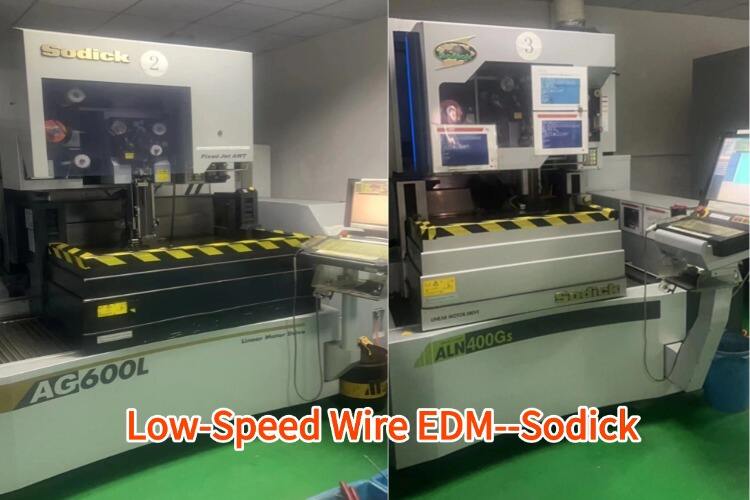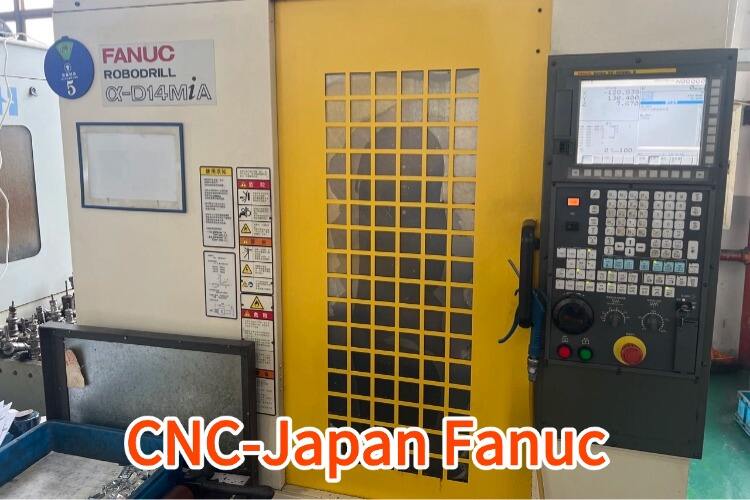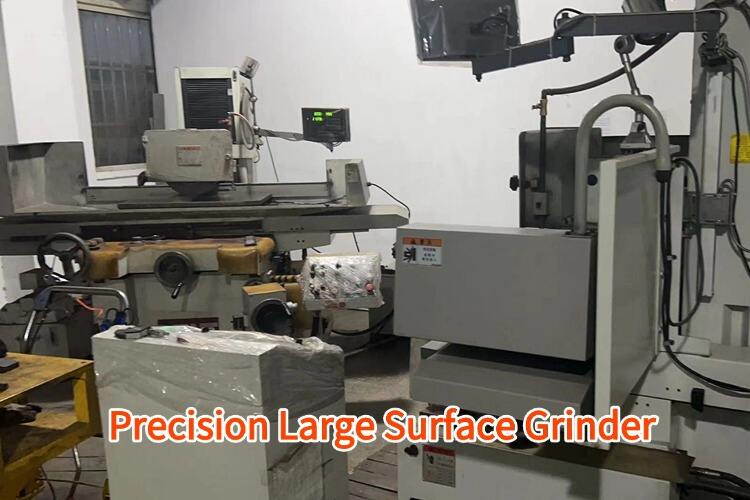high precision machining
High precision machining represents the pinnacle of manufacturing technology, offering unparalleled accuracy and consistency in producing complex components. This advanced manufacturing process utilizes state-of-the-art CNC machines and sophisticated control systems to achieve tolerances as tight as ±0.0001 inches. The process combines cutting-edge software, precise tooling, and automated controls to create components with exceptional dimensional accuracy and surface finish. Modern high precision machining centers can operate across multiple axes simultaneously, enabling the production of intricate geometries that would be impossible to achieve through conventional methods. The technology finds extensive applications in aerospace, medical devices, semiconductor manufacturing, and automotive industries, where component accuracy directly impacts performance and reliability. The process excels in producing everything from miniature medical implants to critical aerospace components, maintaining consistent quality across production runs. Environmental controls, including temperature-regulated manufacturing spaces and advanced measurement systems, ensure maintained precision throughout the machining process. This technology has revolutionized manufacturing by enabling the production of complex parts with unprecedented accuracy, reliability, and repeatability.


